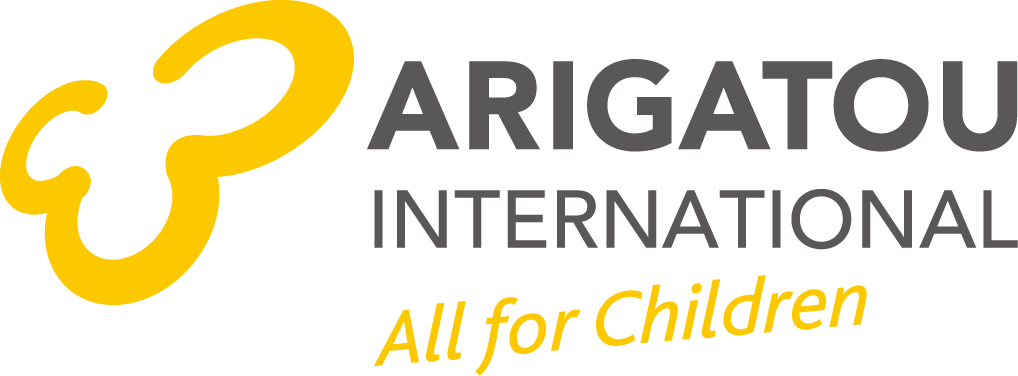Online texas holdem cryptocurrency casinos
-
Latest Online Slots 2025: Symbols in winning combinations will again disappear to leave space for new symbols.
-
Online Casino For Real Money In Canada - You may know them as lets play videos.
-
Slot Luck O The Fruit By Blueprint Gaming Demo Free Play: The Venetian, Las Vegas, is hosting a series of High Roller events, and Punsri is shining.
Standard poker staking agreements
- Best Uk Postcodes For Online Gambling
- With many options for withdrawling and depositing processing from PayPal, Bank Wire, Visa, Maestro, Visa Debit, Neteller and Mastercard, you can easily fund your player account.
- Make Money Online Fast Australia
- However, this is still being processed.
- They offer both an online poker site and an online casino.
Play free bingo online no dowload
Online Gambling Australia Legislation
How to get wild symbol rewards in Golden Ox free pokie.
Best Free Bets No Deposit
Before it begins, you choose 1 out of 3 special features, with 5 free spins for each.
Win Real Money Online Casino Uk

